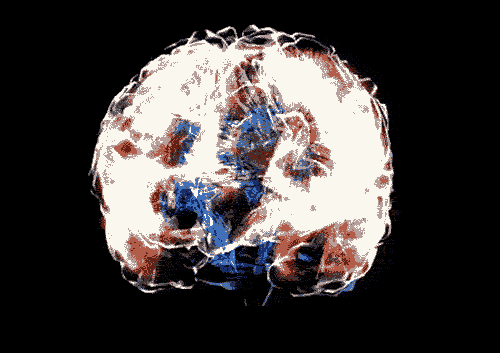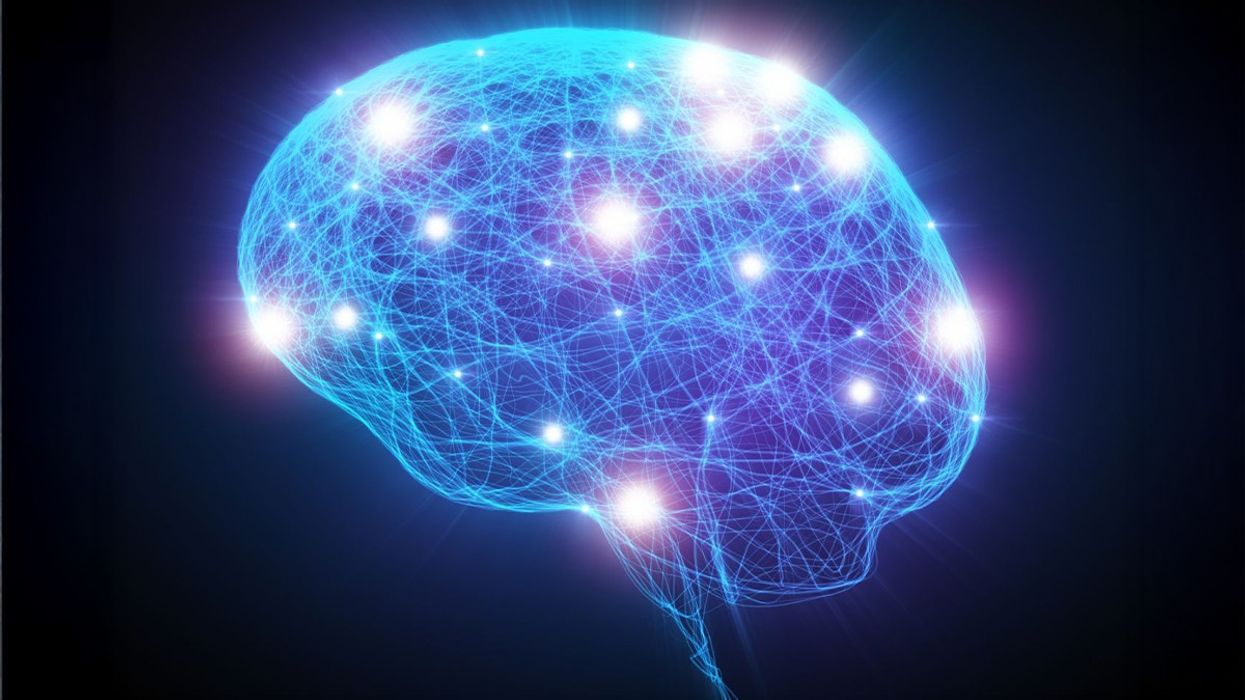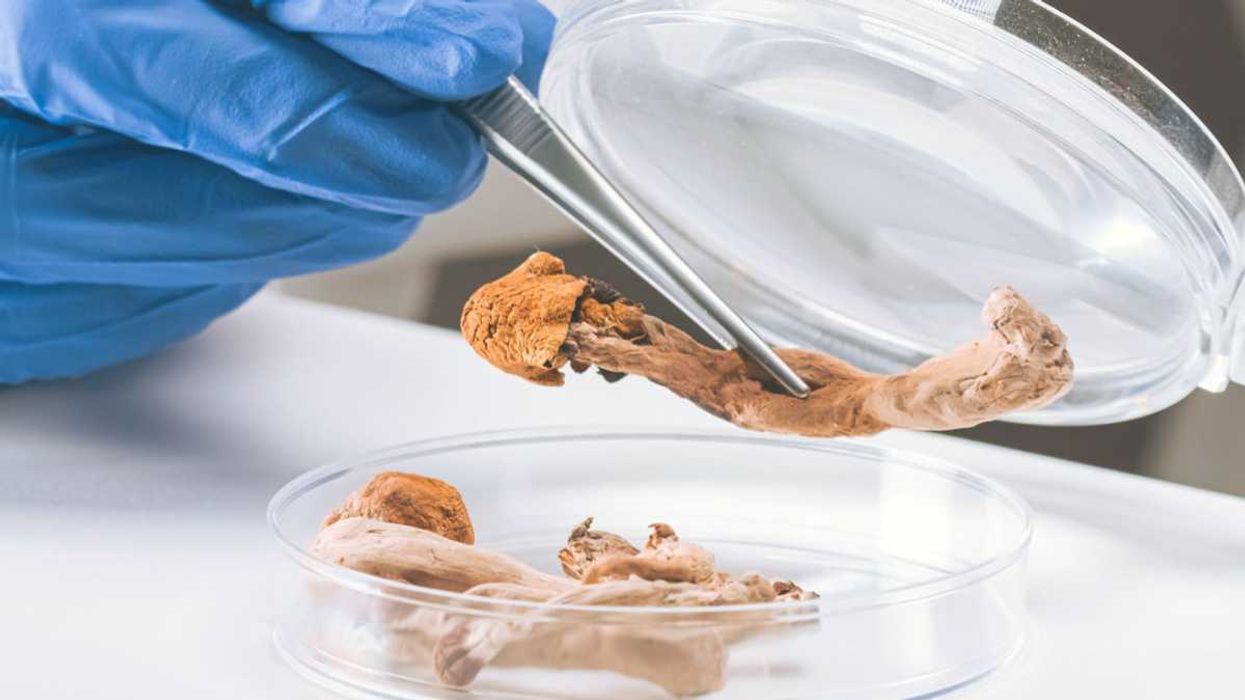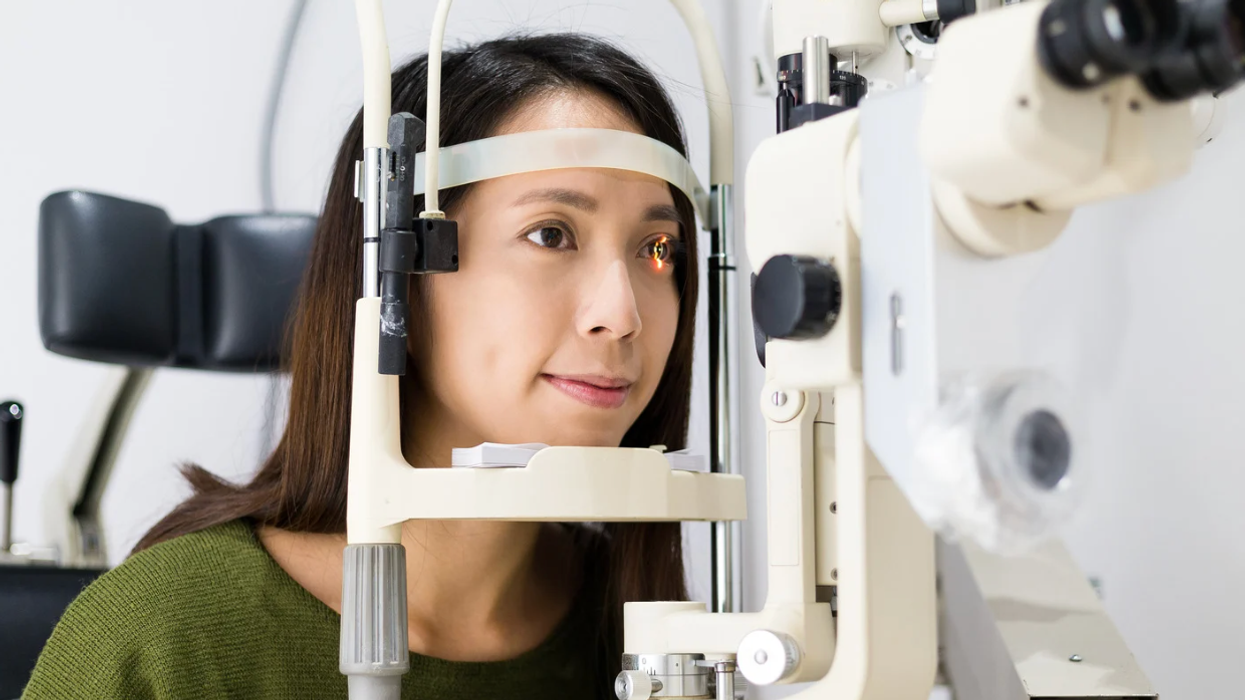When it comes to brain function, degeneration caused by aging can be a complicated and quite painful experience to navigate. Issues such as Dementia, Alzheimer's, Huntington's, and general age-related cognitive decline are all aging-associated illnesses. Disorders that millions of Americans face every day. Researchers believe they have found a way to reverse the effects caused by age-related cognitive decline. More compelling, the applications of this frontier medicine could be used to help the average person delay or even prevent memory loss.
The University of California, San Francisco, in a 2025 study published in MSN, made some surprising breakthroughs. There is a protein found in the brain called ferritin light chain 1 (FTL1). Studying aging mice, they found the protein amassed in the brain's memory center over time. When they reduced the (FTL1) in older mice, cognitive performance improved back to levels normally seen in juvenile mice.

What to know about the protein FTL1
Iron is very important for the body as it's necessary for making blood and distributing energy to the cells. When needed, iron can be used to help muscles and the brain function better. FTL1 is like a little iron storage box. Without it, iron would amass and move around, causing problems. FTL1, doing what it is designed to do, can disrupt and deprive neurons of the energy needed for things like memories.
Researchers found that increasing levels of FTL1 in healthy young mice caused the animals to experience memory impairments. The decrease of these protein levels in older mice, the exact opposite, improved their memory. "It is truly a reversal of impairments. It’s much more than merely delaying or preventing symptoms," said senior author of the paper Saul Villeda. The study conducted at the UCSF Bakar Aging Research Institute and published in Nature Aging aims for the research to encompass a much broader share of the older adult population. FTL1 is connected to the typical memory decline that comes with aging. Decline that occurs even without the more drastic implications of disease like Alzheimer's. Finding ways to treat cognitive change for those suffering brain-related disorders, as well as normal age-related decline, could bring massive and exciting change to brain health.
Things to do while you wait for technology to catch up

- The first way to take care of your brain starts with diet. A 2024 study in the National Institutes of Health found the MIND diet, Mediterranean-Dash Intervention for Neurodegenerative Delay, reduced cognitive risk by 4% in men and 8% in women. Studying 30,000 participants over 10 years showed that close adherence to a diet of leafy vegetables, whole grains, beans, nuts, and occasional fish had a dramatic, positive effect on cognitive health. The diet includes avoiding meat, sweets, cheese, fast food, and fried foods.
- Get physically and mentally active. Regular exercise improves blood flow to the brain and supports cognitive health. Even a 30-minute walk can promote strong benefits. A 2024 study in the National Library of Medicine revealed aerobic and resistance exercise paired with cognitive training improved memory, executive function, processing speed, and physical fitness.
- It's time for all of us to focus on getting better sleep. A 2024 study published in BMC linked shorter sleep with higher (Aβ) amyloid-β, which is a hallmark indicator of Alzheimer's disease. Another 2023 study reported in Springer Nature Link presented that even short-term sleep deprivation can impact cognition and memory.

As scientists continue to explore the mechanisms behind memory and brain aging, understanding proteins like FTL1 could open new pathways to slowing cognitive decline. While we await the next groundbreaking scientific advancements, traditional methods for taking care of our health will have to suffice.


















 Women and people of color who experience cardiac arrest are less likely to receive CPR.
Women and people of color who experience cardiac arrest are less likely to receive CPR.

 Mushrooms containing psilocybin.Photo credit:
Mushrooms containing psilocybin.Photo credit:  Woman undergoing cancer treatments looks out the window.Photo credit:
Woman undergoing cancer treatments looks out the window.Photo credit:  Friend and patient on a walk.Photo credit:
Friend and patient on a walk.Photo credit: 



